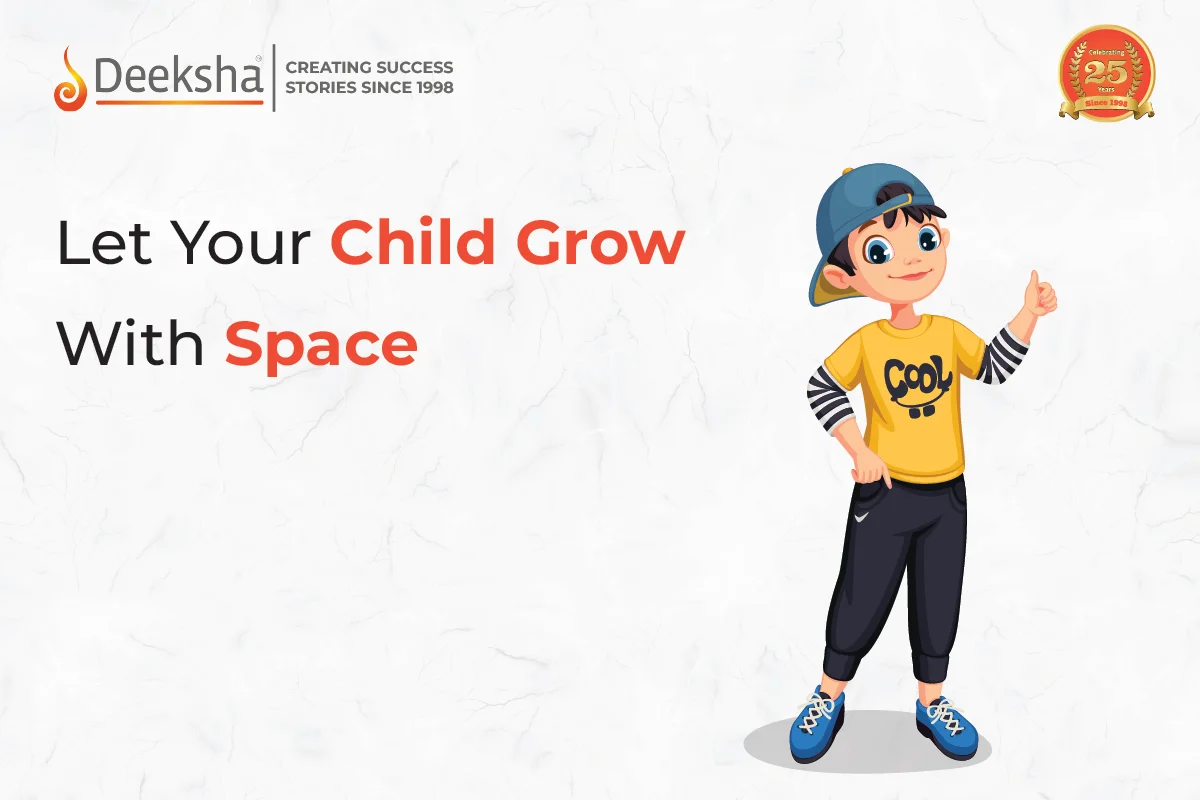As children go through the teenage years, they are also moving toward individuation. As a result, they will start to test themselves against the environment every step of the way. This is how children grow from adolescence into adulthood. That development comes with a lot of personal needs, which require downtime, private time, and personal space.
The first thing that we need to keep in mind is the craving for independence that children have to explore more about themselves and things that may sound interesting to them. While it can be drastic to not keep an eye on them while they slowly figure things out, giving them the space to make mistakes and learn from them is essential. After all, the best form of learning is learning from one’s own mistakes. This is the first step in creating a sense of individuality in your child. Along with this, we must take some time to teach our children about the responsibility of being an adult and the hardships that come with it. Being aware of the challenges and hardships that await them must be brought to awareness. This can help your child perceive his/her own path to growing up – which is unique and entitled to their individuality.
Trust is an incremental experience, and you can build trust with your child by first giving them small responsibilities, watching to see if they follow through. If they do, you can give them more. All along the way, you are teaching your child that they can earn your trust and that there is a positive reward for doing so. Also, children are gaining self-trust by learning that their behavior has consequences. As they seek positive reinforcement, children are also building a strong central core, a sense of themselves that can offer them both confidence and competence.
Letting your child enjoy a certain amount of independence allows them to be open to possibilities of creating a future they wish to live in. Allowing them to carry out tasks on their own, find new interests, and be accountable for their actions can go a long way. Feelings of independence can transfer to good decision-making, choosing healthy options, and ultimately transitioning into good self-esteem and a strong sense of self.
Give your child the freedom to make decisions for themselves. The outcome might not always be the best, but the learning process will be essential. As children mature, they are moving toward individuation, and their own environment offers a place where they can stop and listen to their own inner voice, their true vocation. This is how your child will get to know themselves, and therefore, learn to make sound decisions.
Allow your child to have some downtime. We, as individuals, often require the need to de-stress and relax our minds. Our children need the same, too. This downtime is essential in helping your child connect with his/her feelings and emotions and go through them which will help in learning how to deal with them. This also helps in improving the self-awareness of your child as he/she is constantly aware of what they feel and know about themselves.
When you actively listen to your child — when you see who he/she is and respect his/her needs and wants by giving them space that is calm, private, and personal — you are showing them mutuality. You are telling them that you trust them. By doing this, you are building a foundation that is based on positive reinforcement. This helps your child form his/her perception of the surrounding and themselves – they will start looking at themselves in the bigger picture, which includes the rest of the world.
Giving children their space can be hard but it is essential. It takes time to let our children live their life on their own and as parents, the best we can do is to help them shape their individuality which will help them set forth and explore the various possibilities and opportunities available to them. In today’s dynamic world, everything is changing constantly and we too must ensure that our children are prepared well to take on failures and hardships on their way to success. In order to do so, we must give them the space they need to find themselves.


![Karnataka 2nd PUC Result 2024 [Live Updates]](https://deekshalearning.com/wp-content/uploads/2024/04/Karnataka-2nd-PUC-Result-2024-500x383.webp)


Get Social